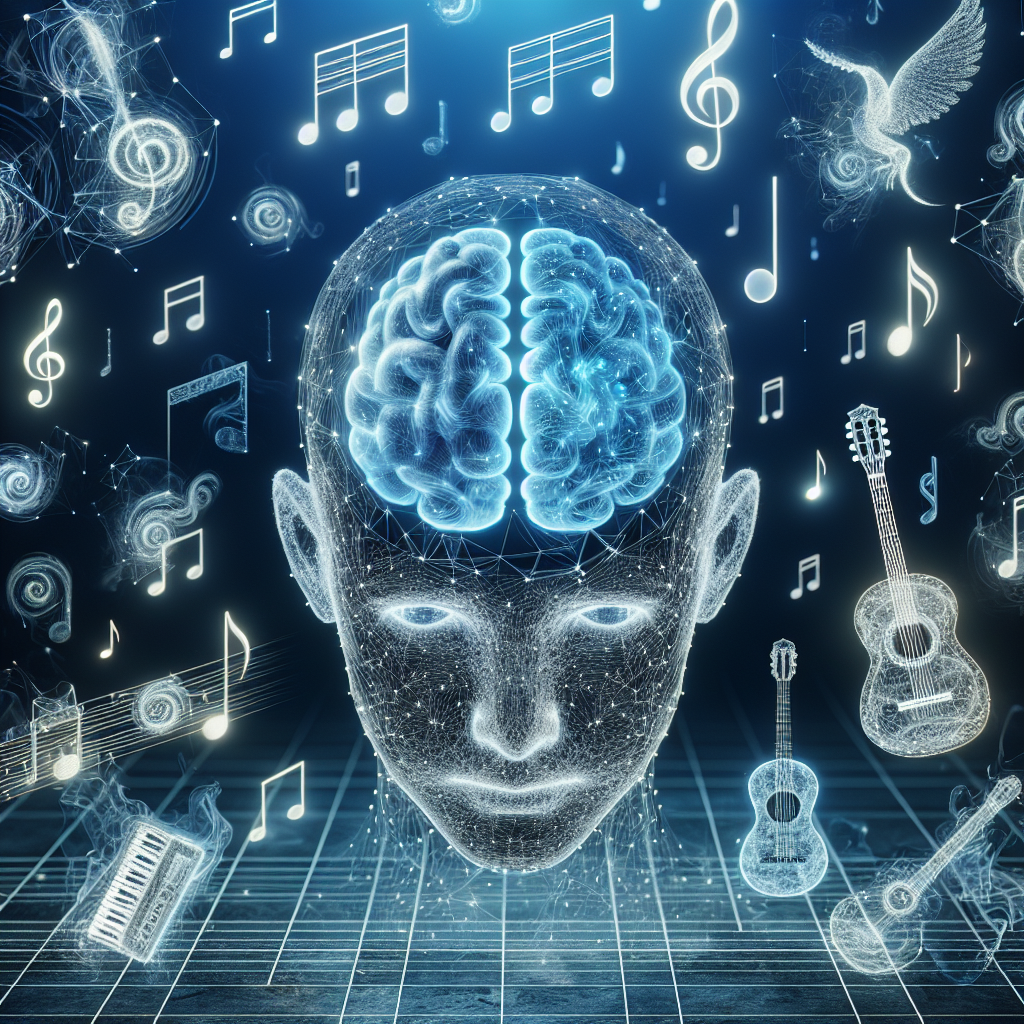Artificial Intelligence (AI) has revolutionized many industries, and the world of music composition is no exception. With AI, musicians and composers now have access to powerful tools that can help them create music in ways that were previously unimaginable. From generating melodies to arranging compositions, AI is changing the way music is created, produced, and consumed. In this article, we will explore the impact of AI on the future of music composition and how it is shaping the industry.
AI and Music Composition: The Basics
AI is the simulation of human intelligence processes by machines, especially computer systems. In the context of music composition, AI algorithms are used to analyze vast amounts of musical data, learn patterns and structures, and generate new musical material. This can include everything from creating melodies and harmonies to arranging instruments and producing sounds.
One of the key advantages of using AI in music composition is its ability to work quickly and efficiently. AI algorithms can process and analyze music data much faster than a human composer, allowing for the generation of new ideas and compositions in a fraction of the time. This speed and efficiency can be particularly useful for composers who are working on tight deadlines or looking for inspiration.
AI can also help composers explore new musical ideas and techniques that they may not have considered on their own. By analyzing vast amounts of musical data, AI algorithms can identify patterns and structures that can inspire new compositions and styles. This can lead to innovative and unique music that pushes the boundaries of traditional composition.
Another advantage of using AI in music composition is its ability to collaborate with human composers. AI tools can be used to generate ideas and suggestions that human composers can then refine and develop further. This collaborative approach can lead to new and exciting musical collaborations that blend the creativity of humans with the efficiency of AI.
The Future of Music Composition with AI
The future of music composition with AI is bright and full of possibilities. As AI technology continues to advance, we can expect to see even more innovative and creative applications in music composition. Here are some of the ways AI is shaping the future of music composition:
1. Personalized Music: With AI, composers can create personalized music tailored to individual preferences and tastes. By analyzing data on a listener’s music preferences, AI algorithms can generate music that resonates with them on a personal level. This can lead to a more engaging and immersive listening experience for the audience.
2. AI-Generated Music Libraries: AI can be used to create vast libraries of music compositions that can be accessed and used by composers and musicians. These libraries can contain a wide range of musical styles, genres, and moods, providing a valuable resource for composers looking for inspiration and new ideas.
3. Real-Time Music Generation: AI algorithms can be used to generate music in real-time, allowing for dynamic and interactive music experiences. This can be particularly useful in live performances, where AI can generate music that responds to the audience’s reactions and interactions.
4. Music Production and Mixing: AI can also be used in music production and mixing, helping composers and producers create polished and professional-sounding recordings. AI algorithms can analyze and enhance audio tracks, adjust levels and balances, and even suggest changes to improve the overall sound quality.
5. Music Discovery: AI-powered music recommendation systems can help listeners discover new music that they may enjoy based on their listening habits and preferences. By analyzing patterns in music data, AI algorithms can suggest new artists, genres, and songs that align with the listener’s tastes.
FAQs
Q: Can AI replace human composers?
A: While AI can assist and augment the creative process, it is unlikely to replace human composers entirely. Human composers bring a unique perspective, emotion, and creativity to music that AI algorithms cannot replicate. AI can be a valuable tool for composers, but it is most effective when used in collaboration with human creativity.
Q: How does AI learn to compose music?
A: AI algorithms learn to compose music by analyzing vast amounts of musical data, such as sheet music, audio recordings, and MIDI files. By identifying patterns and structures in the data, AI algorithms can generate new musical material that is inspired by the patterns they have learned.
Q: Is AI creating original music?
A: While AI algorithms can generate new music compositions, the question of whether this music is truly “original” is up for debate. Some argue that AI-generated music is simply a combination of existing musical ideas and patterns, while others see it as a new form of creativity that pushes the boundaries of traditional composition.
Q: Are there ethical concerns surrounding AI in music composition?
A: There are ethical concerns surrounding the use of AI in music composition, particularly in terms of copyright and ownership of AI-generated music. Composers and musicians may need to navigate complex legal issues to ensure that they have the rights to the music they create using AI tools.
In conclusion, AI is revolutionizing the world of music composition, offering new tools and possibilities for composers and musicians. By harnessing the power of AI algorithms, composers can create innovative and personalized music that pushes the boundaries of traditional composition. The future of music composition with AI is bright and full of possibilities, and we can expect to see even more exciting developments in the years to come.

